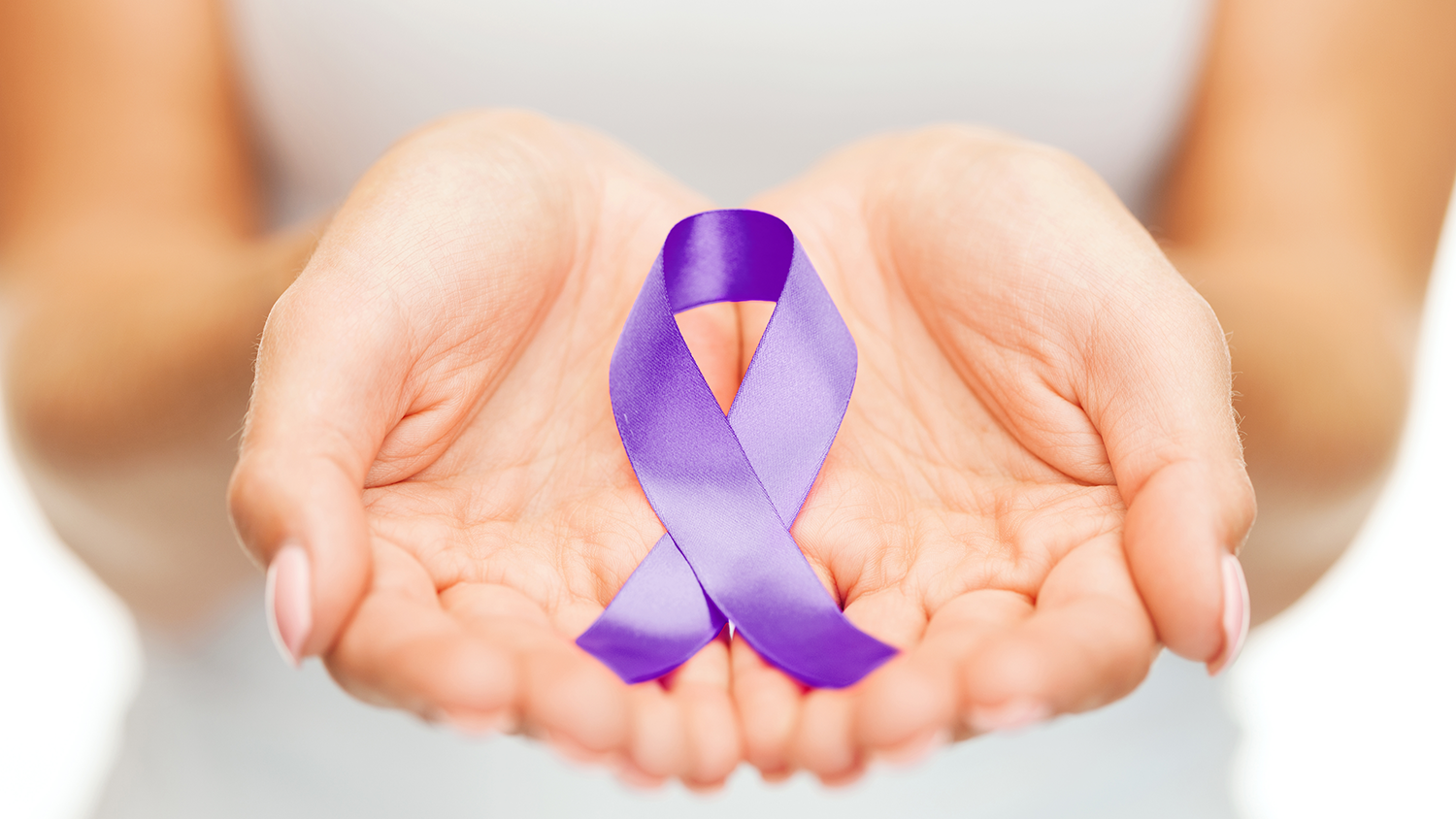Domestic and Dating Violence Focus of Upcoming Month of Events

The National Coalition Against Domestic Violence reports that nearly 1 in 3 college women have experienced an abusive dating relationship. While this statistic speaks to the national prevalence of domestic and dating violence among college-age women, it fails to account for the many multiple and intersecting identities of individuals who experience an elevated risk of interpersonal violence.
We know for example, that communities of color experience domestic and dating violence at higher rates than national averages would suggest. Elevated rates of violence also occur within immigrant and refugee communities, often with less access to culturally-competent community resources. Meanwhile, women with disabilities experience intimate partner violence 40% more than those without disabilities, and 30% of LGBT youth report dating violence compared to 9% for heterosexual youth.
While the vast majority of those affected by domestic and dating violence identify as female, individuals who identify as male also experience domestic and dating violence, and transgender individuals and those who identify outside the gender binary face disproportionately high rates of interpersonal violence.
Clearly, domestic and dating violence can affect anyone regardless of age, gender, sexuality, race, ethnicity, class or ability, or any combination thereof. Despite the magnitude of the issue on campuses across the country, only 58% of college students know what to do to help someone who is experiencing dating violence. That’s where the Women’s Center comes in.
Domestic Violence Awareness Month
Each year, the Women’s Center recognizes Domestic Violence Awareness Month (DVAM) with a full slate of programs and events throughout the month of October. Whether you’re interested in peer-facilitated learning opportunities, educational workshops, art, film or panel discussions, you can choose from a variety of options.
This year, the center will unveil a weekly Lunch and Learn series for students, staff and faculty to hear from experts about a range of topics, including safety planning, legal options and support for members of the military and the GLBT communities.
 Attend this year’s signature DVAM event on October 10, 2018, a screening and panel discussion of What’s Love Got to do with It?, the Ike and Tina Turner story (See sidebar for more information.)
Attend this year’s signature DVAM event on October 10, 2018, a screening and panel discussion of What’s Love Got to do with It?, the Ike and Tina Turner story (See sidebar for more information.)
The Movement Peer Educators will host workshops on healthy relationships and supporting survivors, as well as a screening and discussion of Escalation, a film about college dating violence.
If you don’t have time to join a scheduled program, we invite you to visit the Silent Witness exhibit on display all month in the lobby of Talley Student Union, across from the elevators.
- Check out our full list of programs at go.ncsu.edu/dvam. We hope that you will be able to join us for one or more events throughout the month.
If you or someone you know is experiencing relationship violence, sexual violence or stalking and are in need of advocacy services, the Women’s Center has advocates available from 8:00 a.m. – 5:00 p.m. Monday-Friday in Talley Student Union, Room 5210. After hours, please call the 24/7 Sexual Assault Helpline at 919-515-4444 to be connected with an advocate.
Janine Kossen is associate director of the Women’s Center.
What’s Love Got to Do With It?
The Women’s Center invites you to its signature program for Domestic Violence Awareness Month, a film screening and panel discussion of What’s Love Got To Do With It? The film and discussion will explore the many manifestations of power and its intersections with the institution of capitalism by addressing how Tina Turner navigated relationship, career, motherhood and more while suffering intimate partner violence. We will also discuss masculinity and manhood within institutions framed around whiteness. Panelists include Elizabeth Nelson, Daniel Goldstein, Shanita Brown, Bradford Hill and student moderator Fri Momin.
- Join us on October 10, 2018 at 6:00 p.m. in Witherspoon Student Center Cinema.
Please note: The film contains graphic depictions of violence, including domestic abuse, rape, strangulation and suicidal ideation. Counselors will be available on-site.
Angela Gay is assistant director of the Women’s Center.
- Categories:


